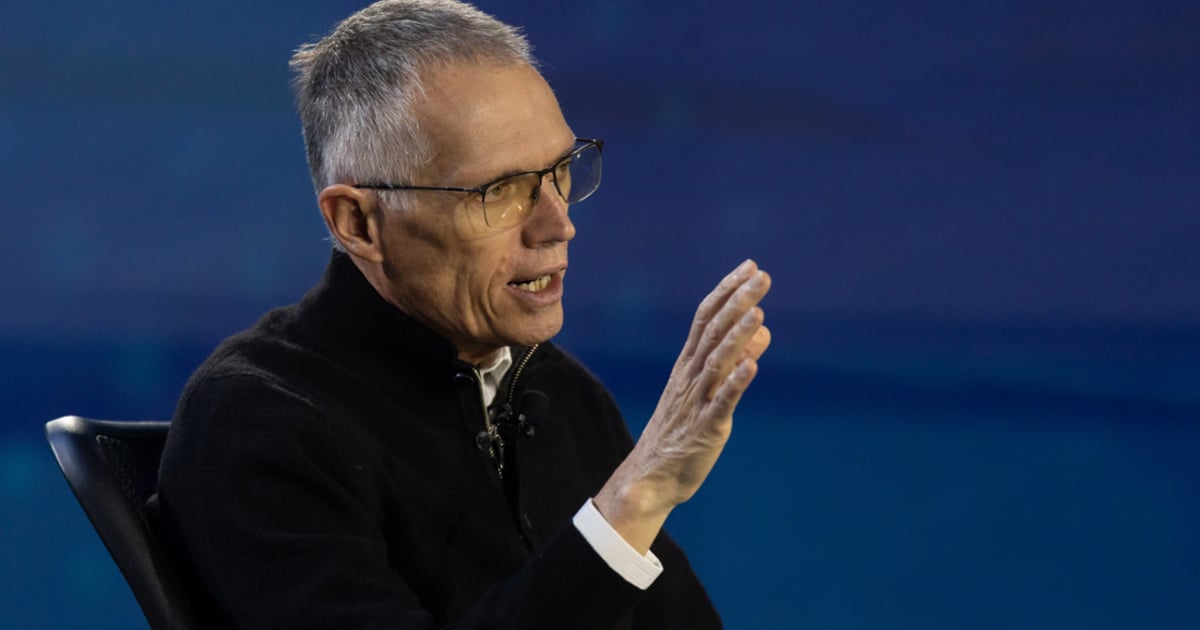
UAW President Shawn Fain this month criticized Stellantis CEO Carlos Tavares for not attending the opening of contract negotiations that he calls “the most critical set of bargaining in this company and our workers’ history.”
Tavares on Wednesday defended his absence, saying he doesn’t need to be everywhere and has a “very powerful leadership team in North America” with the authority to lead those discussions.
He said he understands the union’s “posturing” but believes it doesn’t add “any value to what we need to do and what we must do for our employees.”
UAW negotiations kicked off this month, with Fain visiting Detroit 3 plants on the first day instead of doing the ceremonial handshakes of years past with automakers.
“I will be where I think will be the most useful to the organization, to our employees,” Tavares said during a media roundtable Wednesday. “With our local management, we have everything we need to have constructive, open-minded and collaborative discussions with our union partners, and we are looking forward to having those discussions very soon.
“We have our own things we’d like to improve. I’m sure the UAW also has its own agenda, and it’s very, very OK to discuss the two topics as soon as possible.”
Tavares said his focus is on his U.S. employees and that he hopes the $14,760 profit-sharing checks that workers received this year improved the quality of their lives.
“It was the biggest performance bonus among the Detroit 3,” Tavares said. “It is the result of the performance that we are collectively creating all together. My point of focus is to find a deal with my union partner that continues to improve the quality of living of my people through the sharing of the performance that we generate.”
One of the top issues heading into talks is the future of the Stellantis’ Belvidere Assembly Plant that has been offline since February. Stellantis cited a number of factors behind the decision, including the COVID-19 pandemic, global microchip shortage and costs related to developing and building EVs.
Tavares said a potential return of the plant, which built Jeep Cherokees, will depend on many factors, including “the speed at which we are doing the new EVs, the cost competitiveness that we can get out of Belvidere.”
He later added that it’s “not about do we bring another product or not another product. It is do we create the conditions for that plant to be competitive in [the] midterm, so that then we continue to protect the value creation of our business in the U.S. through the U.S. manufacturing footprint. That’s what we need to address now.”

